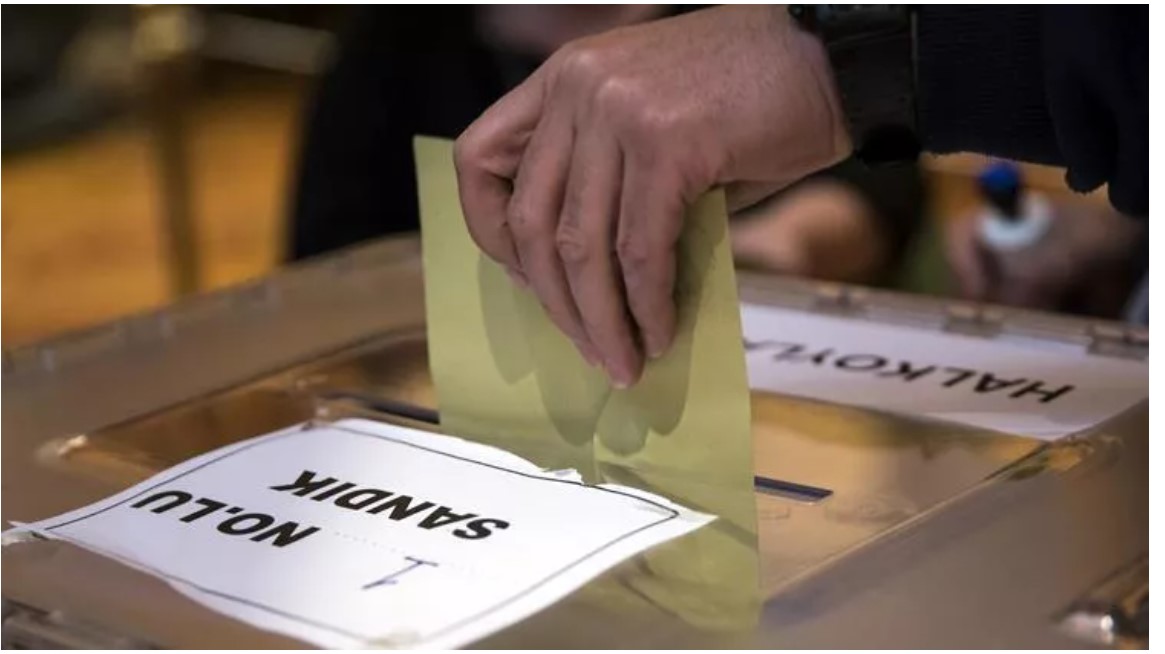Turkey’s economic crisis is eroding President Erdogan’s support. One and a half years before the elections, the pressure to revive the economy is high, writes Dr Stefan Hibbeler, for Istanbul Post.
In November, President Erdogan declared that the weakness of the Turkish lira was desirable because of the advantages it created for exports. At the same time, imports would become more expensive, thereby improving the balance of payments. After a short time, the Turkish economy would show a permanent balance of payments surplus, thereby reducing the need for foreign exchange. This would stabilise the Turkish lira in the long term.
At the same time, President Erdogan repeated his notion that high interest rates were the main reason for inflation, as they made investments more expensive and thus reduced economic growth. Low interest rates would serve to encourage investment and thus create new jobs. And all of this should come to pass in a period of six months. To absorb the initially noticeable negative consequences of this policy on the population, he resorted to the metaphor of a war of liberation that Turkey was waging against imperialist powers that wanted to destroy the country’s prosperity and development. In addition, the minimum wage for 2022 was increased by half. Around half of all employees in Turkey receive the minimum wage or lower.
Has Erdogan Averted a Currency Crisis?
Erosion of trust
One of the fundamental problems of this model, however, is that it is based on a conflict of objectives. Almost all Turkish export products depend on imported raw materials and intermediate products. Promoting exports by weakening the Turkish lira is therefore primarily based on reducing labour costs. With dwindling purchasing power, however, it is difficult to build acceptance for such a policy. The outcome can be read in the opinion polls of recent months, showing both a sharp loss of popularity for the government and a loss of confidence in the presidential system. The measures to stabilise the Turkish lira together with the wage increases were intended to restore confidence. But this has come at the price of high inflation.
Given the high inflation, lending rates have risen significantly above the level of September 2021, when the new economic model was adopted.
Another unintended effect is the burden on public budgets. Just 14 per cent of government debt carries a fixed interest rate. The remaining 86 per cent is foreign exchange debt or exchange rate- or inflation-linked. The weakness of the Turkish lira and rising inflation have drastically increased government debt and interest expenses. Support purchases for the Turkish lira have reduced central bank reserves. In addition, the real goal of reducing the general level of lending rates by lowering the key central bank interest rates has not been achieved. On the contrary, given the high inflation, lending rates have risen significantly above the level of September 2021, when the new economic model was adopted. Instead of increased economic growth, as envisaged by the new economic model, a slowdown must therefore be expected in 2022.
Instead of triggering booming economic growth, the economic policy has primarily happened at the expense of predictability and trust, both of which are important prerequisites for the investment climate. Even before the start of his economic adventure, President Erdogan’s popularity was waning. Recent opinion polls indicate that he would not be re-elected at this stage. Although the regular election date is still a year and a half away, it is unlikely that the population’s purchasing power, which has fallen sharply over the past three years, will be restored in this short period of time.
Erdogan therefore relies on denying the economic crisis, attempting to use religious and nationalistic motives to bind his electorate to himself and to drive a wedge between the opposition parties. The tone of Turkish politics, turbulent at the best of times, has become harsher.
A growing opposition
Local politics is an important battleground between the opposition and the government. Already at the beginning of the pandemic, the CHP-led metropolises of Istanbul and Ankara had developed municipality-level approaches to tackle poverty, but these were blocked by the government. The price of electricity more than doubled for most people at the turn of the year. Also, the price of bread, the most important staple food, increased by half from November 2021 to January 2022.
With their affordable bread programme, the municipal bread factories in major conurbations like Ankara and Istanbul make an important contribution to reducing poverty. Through an arrangement of donors for water and natural gas bills in Istanbul, not only was it possible to circumvent a ban imposed by the Ministry of the Interior on municipal donation collections, but needy households were also relieved of more than 300,000 bills. Practical competence and a more transparent leadership style have contributed to making Ankara’s mayor Mansur Yavas and Istanbul’s mayor Ekrem İmamoglu some of the most popular politicians in Turkey today.
Turkey Heading for Early Elections
A victory for the opposition depends on whether the joint opposition candidate can count on the support of the Kurdish left-wing HDP.
Whether this is enough to enable the opposition to win presidential and parliamentary elections depends on numerous factors. The declining standard of living is undermining trust in the AKP and President Erdogan. However, this does not automatically lead to an upgrading of the opposition parties. A deciding factor will be their choice of presidential candidate, which will only be determined immediately before the election.
The example of the mayoral elections in Istanbul in 2019 shows that a victory for the opposition depends on whether the joint opposition candidate can count on the support of the Kurdish left-wing HDP. Overcoming the current presidential system, which has a paralysing effect through unpredictable decisions, is essential for a return to economic growth that improves the living conditions of the population.
Follow our English language YouTube videos @ REAL TURKEY:
https://www.youtube.com/channel/UCKpFJB4GFiNkhmpVZQ_d9Rg
And content at Twitter: @AtillaEng
